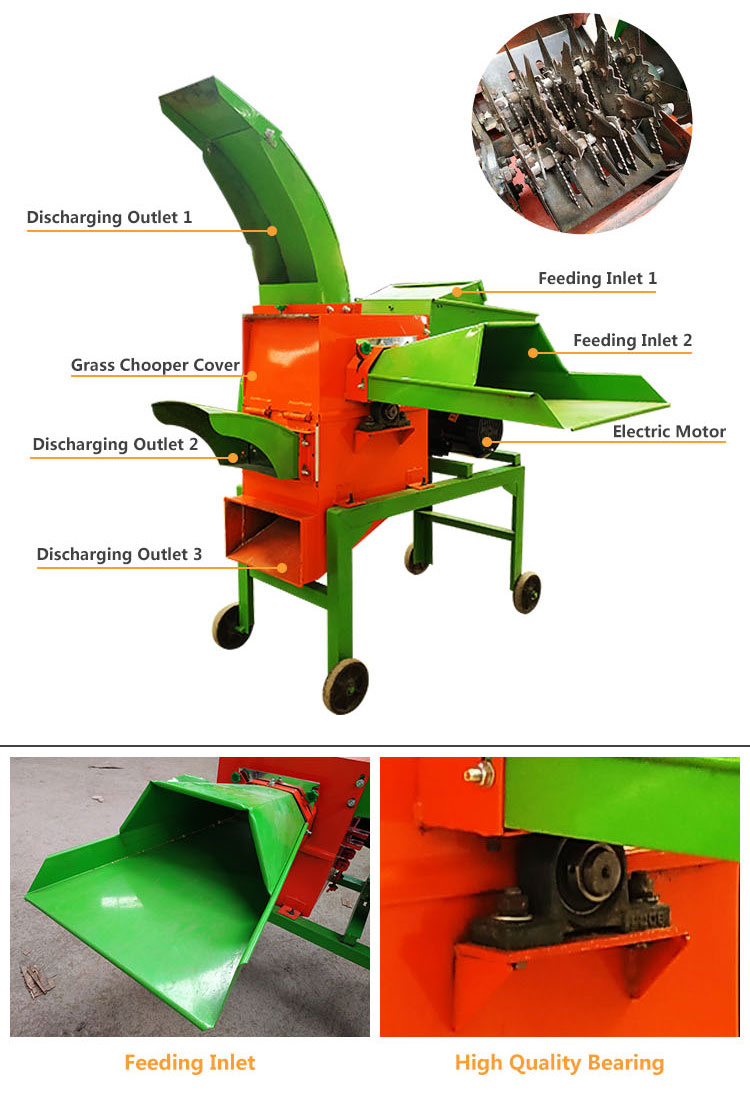Innovative Rotary Egg Tray Machine for Efficient Production and Sustainable Packaging Solutions
8 月 . 05, 2024 19:29 Back to list
Innovative Rotary Egg Tray Machine for Efficient Production and Sustainable Packaging Solutions
Understanding the Rotary Egg Tray Machine A Comprehensive Overview
In the modern agricultural and packaging industries, efficiency and productivity are key factors driving technology adoption. One remarkable innovation that has emerged to meet these demands is the rotary egg tray machine. This machine is specifically designed for the production of egg trays, providing a reliable and efficient solution for farms and businesses involved in poultry farming and the packaging of eggs.
What is a Rotary Egg Tray Machine?
A rotary egg tray machine is an industrial unit used to manufacture egg trays, which are essential for transporting and storing eggs. Unlike traditional methods that require extensive manual labor and have a slower production rate, rotary machines utilize automation and a continuous feeding system. This allows for higher output and improved operational efficiency.
The machine operates on a principle of rotary movement, where molds for the egg trays are fixed on a rotating system. As the trays are formed, they move through different stations where pulp is molded, dried, and stacked. This mechanization not only speeds up the process but also ensures uniformity in the product, which is crucial for maintaining the quality of egg packaging.
Advantages of Using a Rotary Egg Tray Machine
1. High Production Capacity One of the standout features of a rotary egg tray machine is its capacity to produce a large number of trays per hour. This is especially beneficial for large farms or packaging units that require high volumes of egg trays to meet market demand.
2. Energy Efficiency Modern rotary machines are designed with energy-saving technologies, making them more eco-friendly. They consume less energy compared to traditional production methods, which often leads to cost savings over time.
rotary egg tray machine

3. Durability and Reliability These machines are built to last, often made from robust materials that withstand continuous operation. Their design minimizes wear and tear, ensuring that they can handle the rigorous demands of the production process.
4. Customizability Rotary egg tray machines can be customized to produce different sizes and designs of egg trays. This flexibility allows manufacturers to cater to various customer requirements, enhancing market competitiveness.
5. Ease of Operation The use of automated systems in rotary machines simplifies the operation process. With user-friendly interfaces, operators can easily monitor and manage production parameters, reducing the chances of errors and downtime.
Applications of Egg Trays
Egg trays serve multiple purposes beyond simply holding eggs. They are crucial in minimizing breakage during transport and storage, ensuring that eggs reach consumers in perfect condition. Additionally, the trays can be made from recycled paper pulp, which aligns with sustainability goals and reduces environmental impact.
In recent years, the demand for eco-friendly packaging has risen significantly, and egg trays made from recycled materials are gaining popularity. This presents an opportunity for farms and businesses to adopt the rotary egg tray machine not only for increased efficiency but also for contributing to environmental sustainability.
Conclusion
In conclusion, the rotary egg tray machine represents a significant advancement in the production of egg trays, combining efficiency, reliability, and sustainability. As the agricultural sector continues to evolve, investing in such machinery is not only a step towards improving productivity but also a commitment to reducing environmental impact. Whether you are a poultry farmer or a packaging professional, embracing the technology of the rotary egg tray machine can lead to substantial benefits in your operations, ultimately enhancing your business's bottom line. With its myriad of advantages, it's clear why this machine is becoming a staple in the egg packaging industry.
-
Battery Layer Cage Systems With Automatic Feeding Machine
NewsMar.07,2025
-
Hot Selling Multi Function Vacuum Packaging Machine
NewsMar.07,2025
-
Chicken scalder plucker machine for sale poultry scalder chicken plucking machine
NewsMar.07,2025
-
Egg Tray Making Machine 1000, 2000, pulp molding machine
NewsMar.07,2025
-
Automatic Feeding Line System Pan Feeder Nipple Drinker
NewsMar.07,2025
-
cage layer chicken
NewsMar.07,2025






